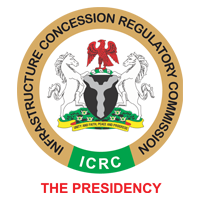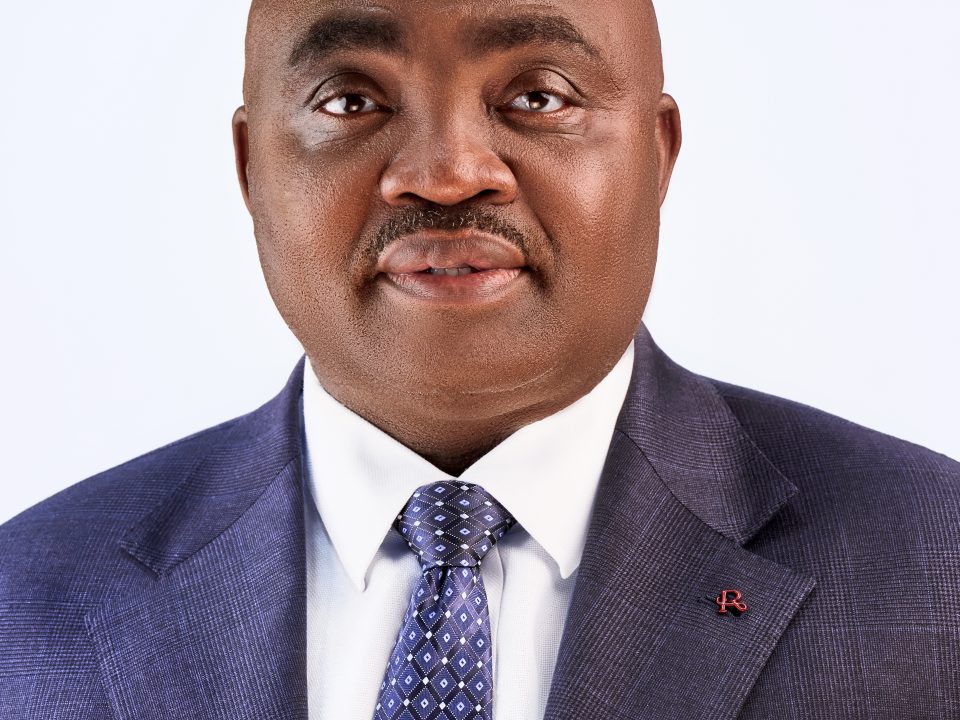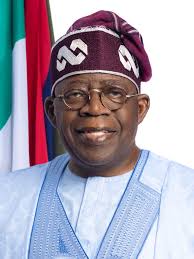USING ICRC TO FIGHT CORRUPTION
PRESIDENT Muhammadu Buhari’s government has left no one in doubt that it has zero tolerance for corruption. The fight against corruption will be won or lost depending on how the government handles the civil service, which is the engine room of corruption in the public sector. The corruption-riddled public procurement process in the country must be reformed for us to make progress.
The concept of contracting projects and government procurement has over the years meant “jobs for the boys” in which contract sums are padded. In most cases, the process is not open to public scrutiny. In a bid to arrest this ugly practice the Infrastructure Concession Regulatory Commission (ICRC) was set up. But the federal government has not paid much attention to this body which has the capacity to help nip corruption in the bud in the drive to provide adequate basic infrastructure in the country.
The Public-Private Partnership (PPP) process which the ICRC is supposed to superintend has some inbuilt principles that ensure not only accelerates infrastructure delivery but also provides value-for-money partnership with the private sector to ease pressure on public resources.
The National Integrated Infrastructure Master Plan (NIIMP), a 30-year capital infrastructure framework to attain Nigeria’s quota aspiration requires an expenditure of $3.10 trillion in 30 years. This is an amount the government alone cannot provide in the face of dwindling federal revenue. Projects in Nigeria often suffer from policy reversal or outright abandonment because of our dependence on government funding alone.
Efforts to turn to concessioning have, at best, been half-hearted and inchoate. For instance, the Lagos-Ibadan Expressway was offered to Bi-Courtney, and the concession had to be suddenly terminated due to poor performance, though the company had sunk large sums of money onto the venture, which it then abandoned. This is certainly a bad way to go about it.
We call on the President Muhammadu Buhari government to recharge the ICRC and make it an important part of a massive national infrastructural renewal programme that will attract both local and foreign investors to play a major role in preparing our country for economic greatness.
Nigeria, with her new rating as the country with the largest GDP in Africa, coupled with her massive population and unquantifiable material and human resources, will be a major destination for private infrastructure developers once our procurement processes are seen to be devoid of corruption and compliant to international best practices.
The ICRC should be strengthened and given the mandate to evolve a comprehensive work plan for our national infrastructure upgrade, with timelines and costs and thereafter allocated to interested developers to build, operate and transfer.
This is the only way we can overcome our infrastructure deficit
http://www.vanguardngr.com/2015/08/using-icrc-to-fight-corruption/


